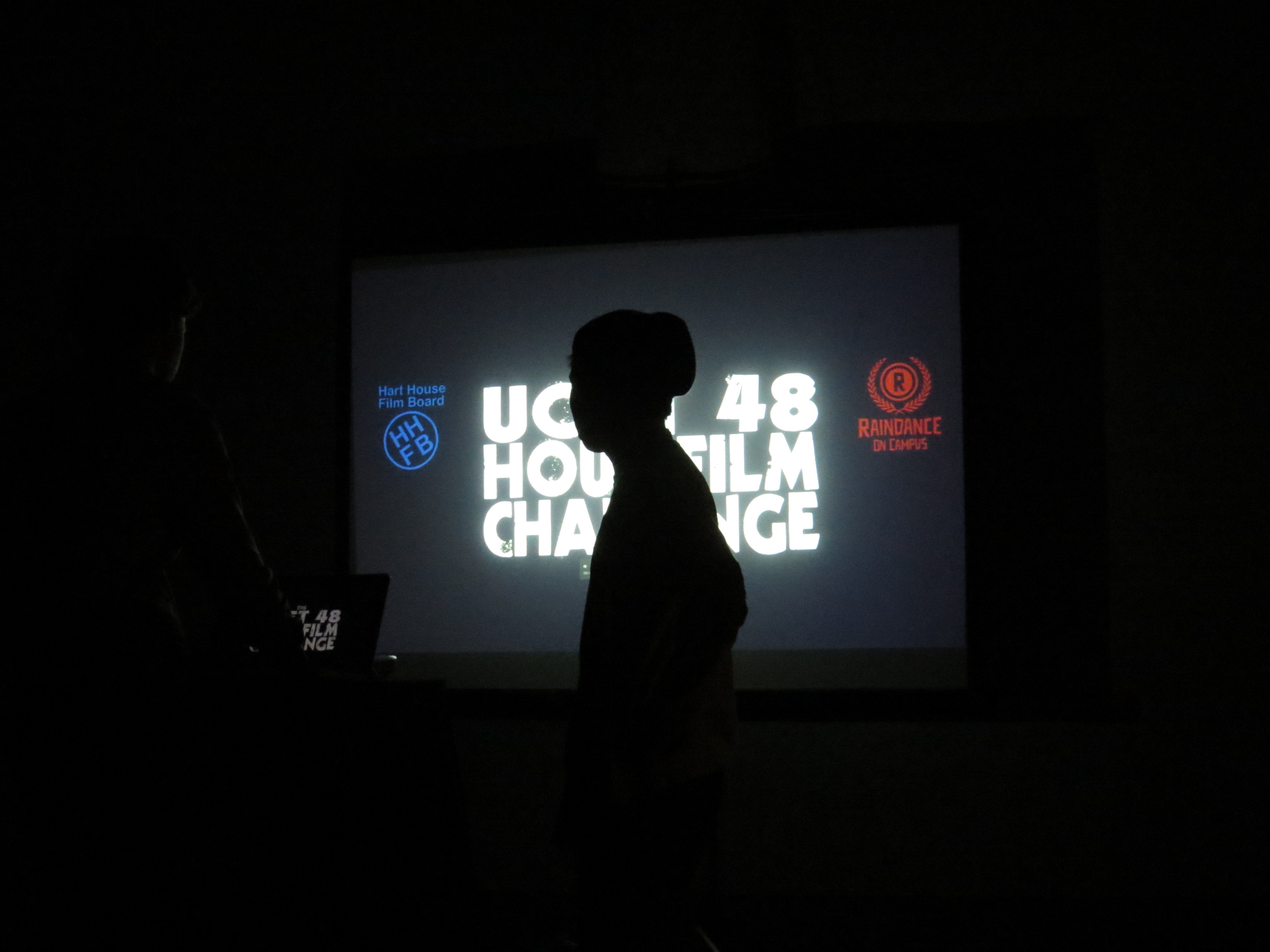Calling all Spielberg enthusiasts
Tips to help you triumph in U of T’s 48 Hour Film Challenge
The weekend of November 14 marked the first ever collaboration of the Hart House Film Board and the student club, Raindance on Campus. This partnership joined forces to produce the highly anticipated 48 Hour Film Challenge. The instructions are simple. After receiving the prompt, filmmakers have 48 hours to write, direct, and edit a complete short film, no more than five minutes long. The films are then presented to a panel of judges, composed of members from the executive team in the Hart House Film Board and the Raindance Canada organization. Prizes are awarded to the top three films.
The 48 Hour Film Challenge is always the perfect excuse to procrastinate on writing that paper you are expected to have done for Monday and expose yourself to some raw creativity. That being said, this challenge is easier in theory than in practice. So, in anticipation of next year’s contest, here are some tips to consider if you plan on dominating the competition:
Assemble a solid team.
No matter how determined you are, this contest cannot be a solo mission. A team composed of writers, actors, directors and editors is necessary. Your fellow filmmakers should meet in advance and discuss what roles each member hopes to take on over the course of the challenge. Hopefully one member of your team can provide film equipment. If this is not the case, technical equipment (cameras, lighting, and boom microphones if you are feeling audacious) can be rented in advance from the Hart House Film Board, at a low-cost membership fee.
Conduct a brainstorm session.
An exchange of ideas (even before receiving the prompt) is a good idea. A brainstorm session opens up discussion about the genre of the film and basic plotlines that your team might be interested in pursuing. Even if you just start eliminating elements from your film, any progress is good progress if it encourages communication and collaboration.
Scripting-to-it.
Whether it has one or multiple authors, a script will act as the basis for your film. It will give team members something to work with, and keep everyone focused on a specific objective. The script should include any lines of dialogue exchanged between characters, as well as directions for the actors. Filming locations and specific camera shots should also be added, so that the essence of the envisioned scene is fully captured in the film. If possible, print the final copy of the script so you are not dependent on the fragile lifespan of a laptop battery when shooting on location.
Be prepared.
Film multiple takes of all scenes. The short time span of 48 hours hardly accounts for time wasted charging batteries, let alone re-shooting in postproduction. Multiple takes from varying angles will give your editor more footage to work with, so that the best possible moments make your film. Remember to account for adequate storage space on your SD card, and replacement batteries for any technical equipment being used.
Stay fuelled.
Just like the batteries, your group members will start to suffer the consequences of a laborious process. The production of your film will be a long and arduous weekend, full of early mornings and all-nighters that are sustained on copious amounts of caffeine and snacks. Food works as a great source of motivation to get work done, and hydration is fundamental when combatting the inevitable headaches that come with sleep deprivation.
Be patient.
Keep in mind that making a film is an exhausting process. It is mandatory to have some level of tolerance for your fellow group members. Everyone is bound to be cranky at one point or another, but team solidarity is imperative to an impressive final product. Cut your moody actors and your sleepy director some slack and stay focused on the bigger picture.
Manage your time effectively.
From making the most out of limited natural lighting to dividing tasks in post-production, time management is one of the most difficult aspects of the challenge. While everyone may want to assert their opinion when shooting and editing, filmmakers will have to put their trust in their team to make use of the allocated time. Remember that everyone is dedicated to making the best film possible, and every minute counts when you only have 2,280 of them.
Take pride in your work.
When the hard work is done and all you are left with is a pounding headache from hours of labour, you need to have confidence in the film you have created. Even if there are moments that you wished had been done differently, as soon as you start critiquing potentially weak scenes, the film loses its influence over your team and your audience. Celebrate your accomplishments and the masterpiece that you and your fellow filmmakers have created.
Even Spielberg had to start somewhere.
Featured image courtesy of Ashlee Redmond
